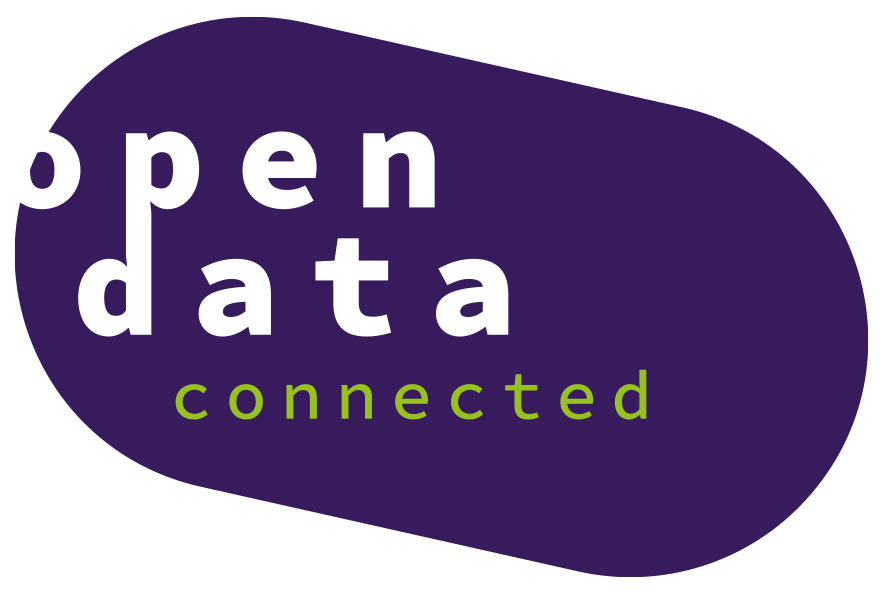As more open data becomes available, governments and organizations need to think about the needs of the different types of people who use this data. There simply is no single typical use case of open (government) data. We will explore how open data can be fully utilized to ensure the benefits are realized.
From our online research, it seems that the main types of public sector information that are of interest to the private sector at the European level are financial, legal, and geographical information. In regard to Southern Europe, especially Croatia, there appears to be a significant potential for the further exploitation of tourist and cultural information.
The goal of this session is not only to give some ideas of how open datasets could be made more useful by policymakers and organizations, but also to show how different user groups could benefit from them.
Data suppliers should approach policy design with a broad and user-oriented approach, taking into consideration multiple steps.
- Clarify the objectives of the organization for releasing open data,
- identify client profiles and their use cases and requirements in order to arrive at objectives,
- assess the appropriateness and applicability of the datasets for the identified client profiles,
Even though it will always be hard to meet all of a client’s needs and demands, we think that including end-users in the decision-making process for open data will certainly help. A shift from supply-driven to use-case-driven open data provision is a critical step in open data management.
The actions necessary to achieve these objectives, improving the quality and usability of open data, need to be outlined in an implementation strategy, which specifies the responsible body for each action and a timeframe for delivery. Some key actions include:
- Each public body is to carry out a data audit of their own datasets and to put in place a publication plan which will ensure the priority release of high-value and high-quality datasets as Open Data.
- Finding ways to encourage private organizations to use the Open Data released and to work with Stakeholders to improve the relevance of the datasets.
- The nomination of an open data liaison officer within each public body as single point of contact for data quality, integrity and functional domain related questions on the published datasets.
- Ensure that all newly created datasets in public bodies are open by default as a matter of course in the longer term.
- Improving the quality and range of services available through the national, and European, Open Data portals.
- Over time, these initiatives are expected to be extended to include other publicly funded organizations and other bodies such as semi-state bodies.
- The impact, benefit, and risks of Open Data should be evaluated and continuously improved upon to make datasets more relevant and usable.
